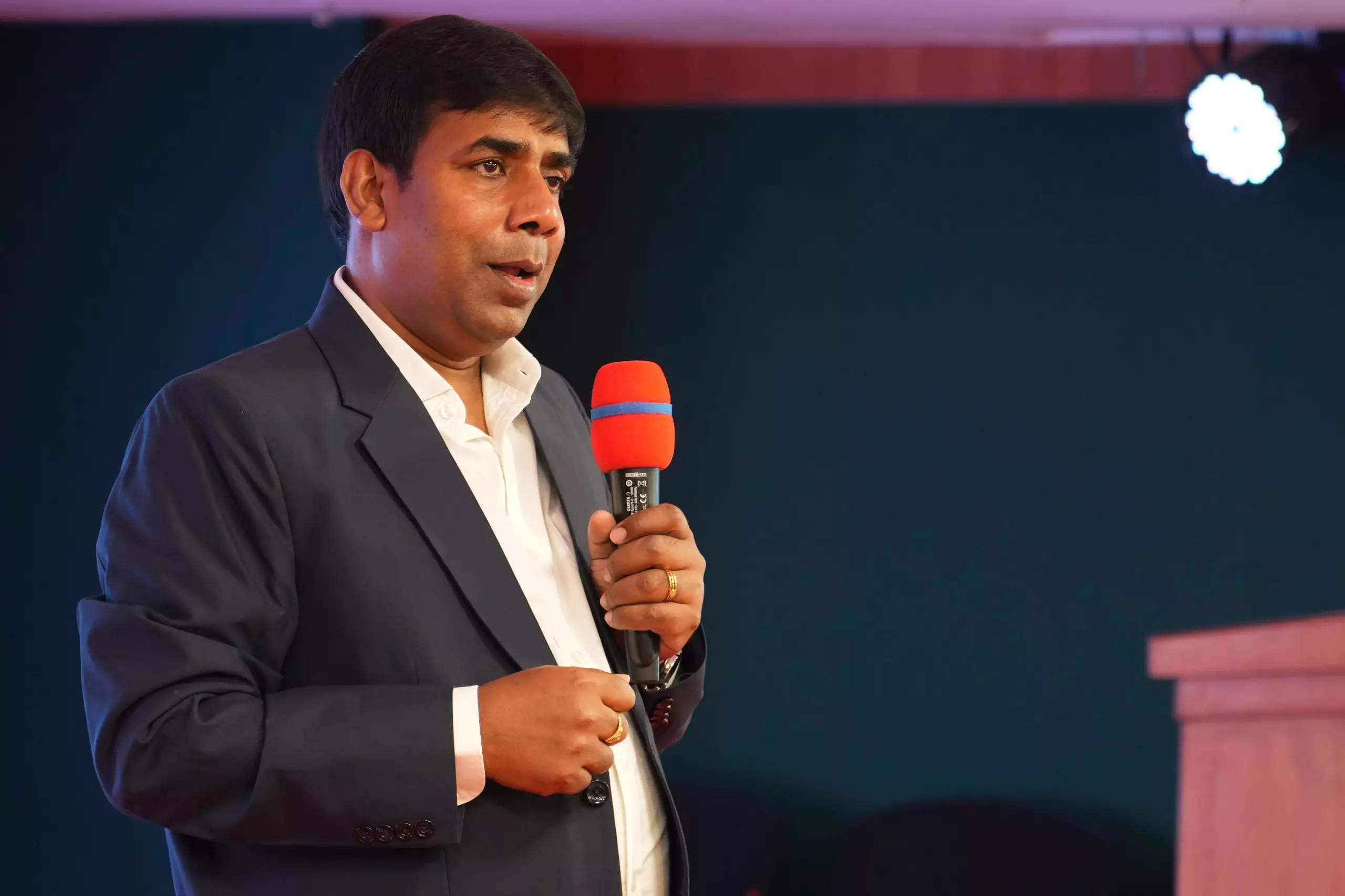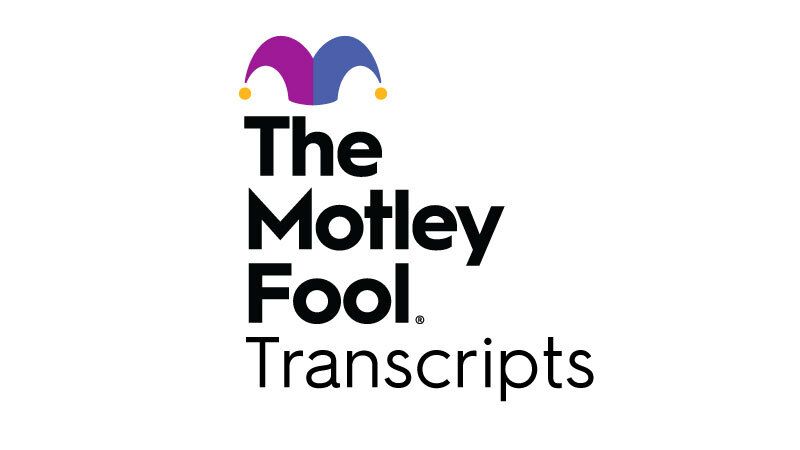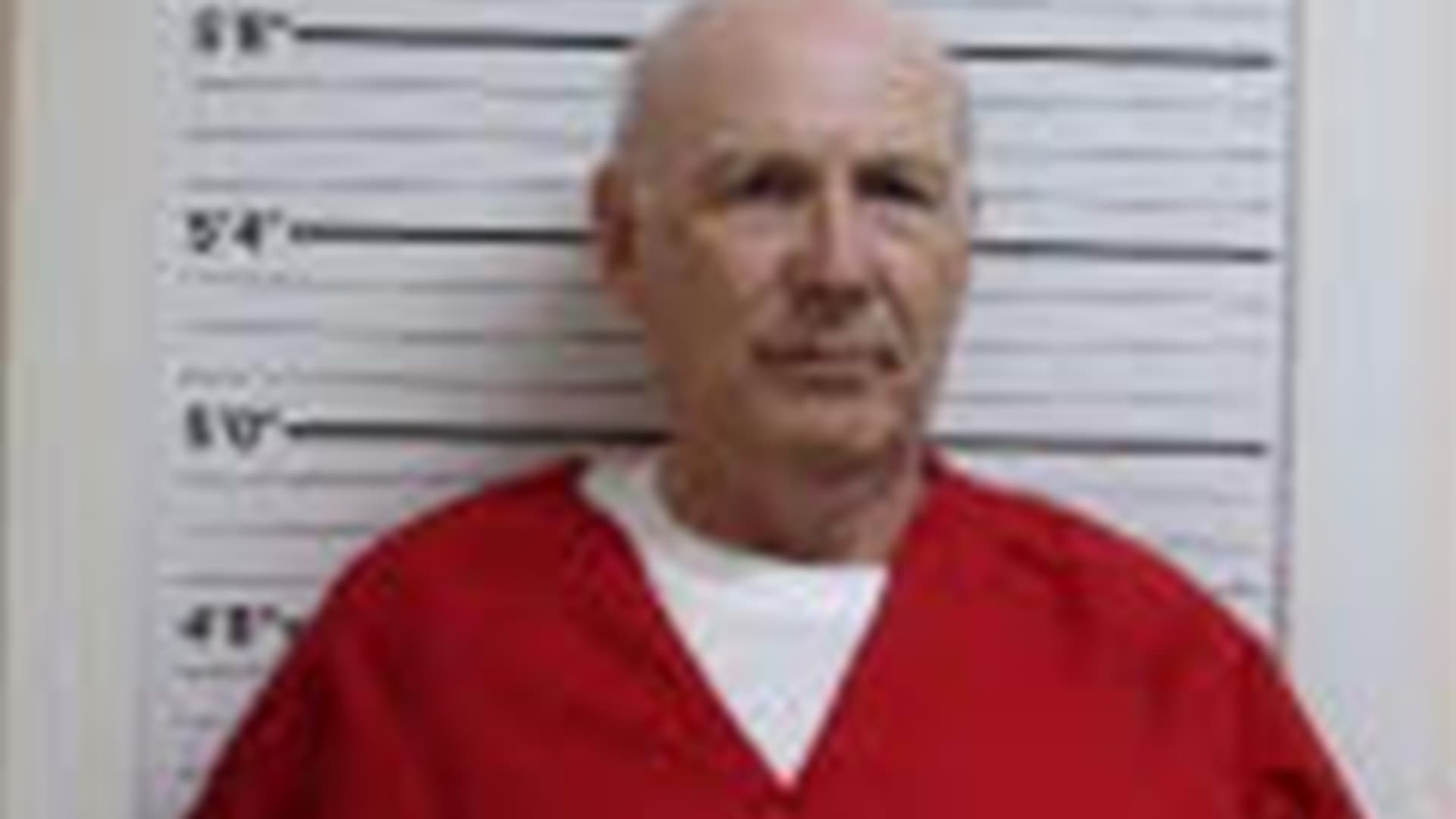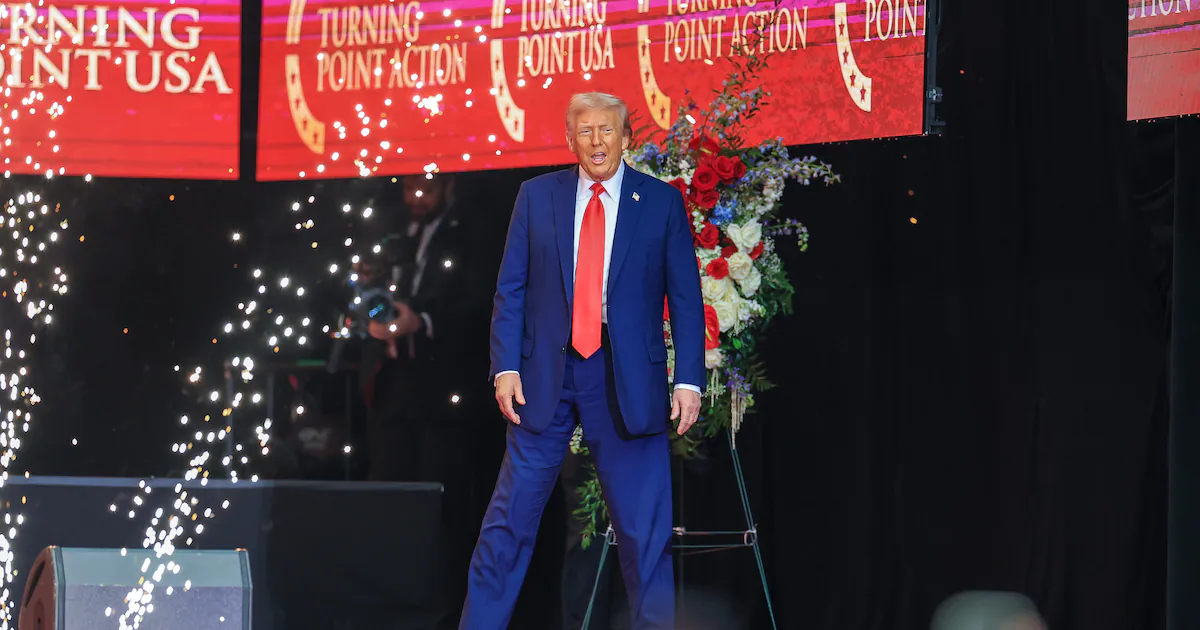Copyright deccanchronicle

HYDERABAD: Reforms promised under the National Education Policy (NEP) 2020 are no longer distant plans, said Dr Biswajit Saha, director (skill education) at the Central Board of Secondary Education (CBSE), while addressing delegates at the 54th COBSE Annual Conference in Hyderabad. Skill subjects are now taught in over 23,000 of the board’s 30,000 schools, and the twice-a-year board examination remains optional. Artificial Intelligence (AI) modules are being taught from Class VI onwards. Responding to the mother-tongue debate, Dr Saha told Deccan Chronicle that, “It must rest on local choice. We are not enforcing the mother tongue as the medium. It must fit local realities.” His presentation on skill education described a transformation that has moved from rhetoric to daily practice. From 1979, when CBSE first introduced vocational courses, to 2020, when the NEP made skill education a national priority, the programme has evolved into a mainstream track, he said. “All kinds of schools are offering skill education,” he said, dismissing the perception that it was limited to well-resourced institutions. Every affiliated school, government or private, now maintains a minimum level of facilities. Subjects such as AI, Data Science, Retail, Tourism, Healthcare, Yoga, and Food Production are now attracting growing numbers of students,” he explained. According to Dr Saha, over 17 lakh students in Classes IX and X and about 2.56 lakh in Classes XI and XII have enrolled in skill subjects this year, up from 1.75 lakh last year. India, he noted, still has fewer than five per cent of its youth aged 19 to 24 with formal vocational education, compared with 75 per cent in Germany and 96 per cent in South Korea. “That is the scale we are working toward,” he said. To bridge the gap, every school will be required to set up a composite skill lab. Later, Dr. Saha spoke in greater depth about the structural reforms being introduced by CBSE. On the two-exam model, he confirmed that the board would not compel students. “It’s up to the learner to decide whether to appear twice or once,” he said. “Schools will have to release teachers twice a year, and many may work during vacations, but this gives students more flexibility.” Technology and AI, he said, now form the new base of the curriculum. “AI for All,” the open online course created by CBSE, has reached over three million teachers, students, and parents in multiple languages. AI is now taught as a subject from Class IX to XII and as a module from Class VI upwards. Computational thinking begins in Class III. “We are exploring how AI can help analyse data, prepare progress cards, and even alert us when schools fail to send teachers for training,” Dr. Saha said. “It is not about ranking schools; it is about improving how they function.” He called flexibility the most important correction in the system. “CBSE never prescribed subject combinations,” he said. “A student can take one language and any four subjects. We even have students taking Physics and Music together.” The traditional science-commerce-arts divide, he added, persists largely because of parental and university expectations. Dr Saha also spoke about assessment parity among boards. Through PARAKH, the national assessment regulator, CBSE hopes to narrow the gaps between state and central systems. “Curriculum is largely NCERT with local customisation. Variation lies in the assessment. If evaluation quality improves across boards, equivalence will follow,” he said. The discussion ended with the language issue. “NEP promotes mother-tongue instruction, but CBSE does not impose it,” he said. “Children who live longer in a state should learn the local language—it is very important. But a student who joins in Class IX or X can be given flexible options, maybe without board pressure. Let them learn it joyfully through school-based assessment.”



